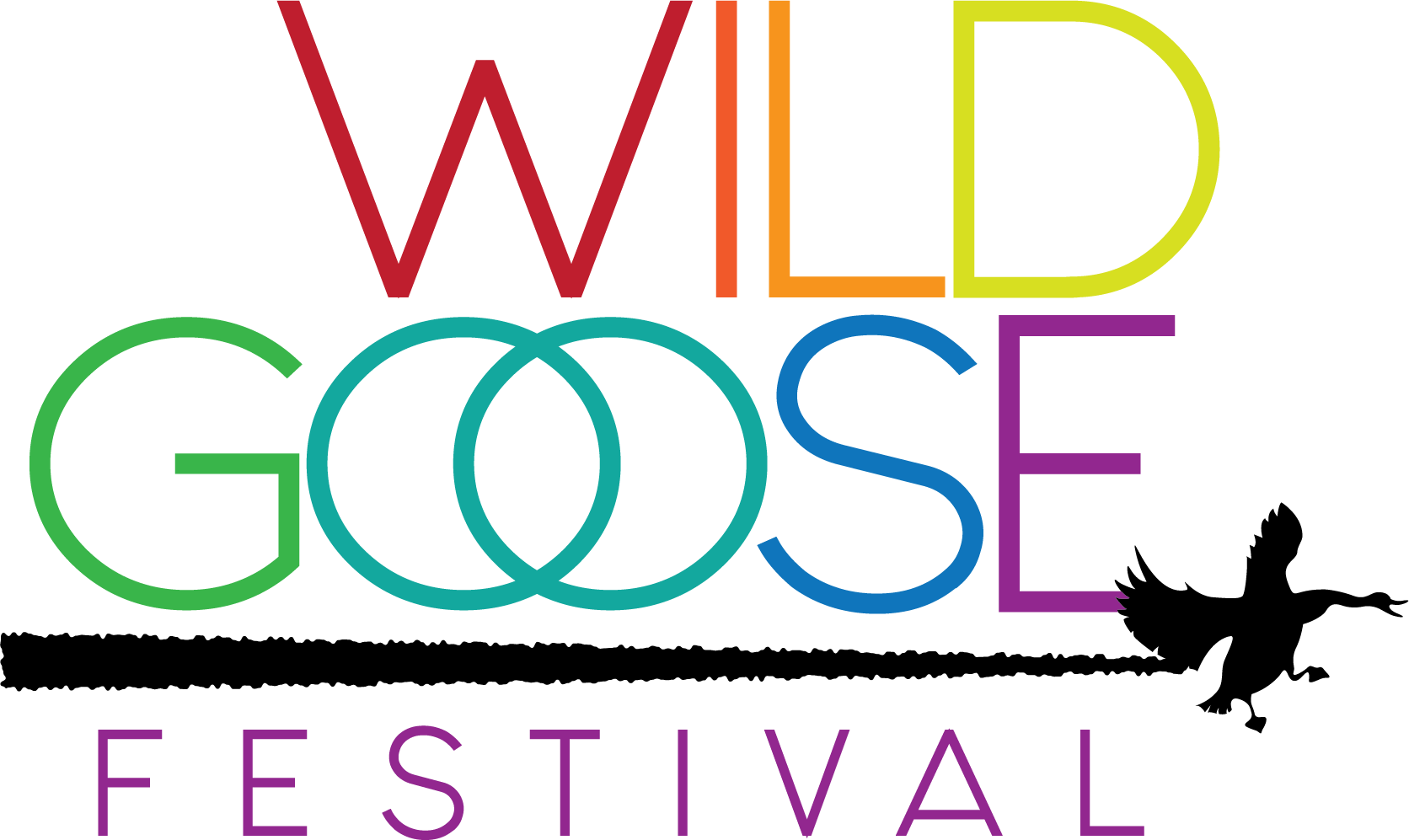Guest post by Christian Theological Seminary, Indianapolis, IN
Since our founding in 1855, Christian Theological Seminary has leaned toward the right side of history. We have been inclusive, ecumenical and respectful of all traditions and faiths. Founded as a school that assured “students attending it would not be brought into contact with the habits and manners that exist in populations where slavery exists,” CTS has continued to stand in solidarity with those whom history tries to leave behind. We were among the first theological schools to grant tenure to a woman, and we sheltered a faculty member of Japanese descent during the terrible period of US internment camps during WWII.
But our convictions are tested all the time. The latest? Whether to go to the Wild Goose Festival this year, because it’s being held in North Carolina—a state that just passed one of the nation’s most heinous anti-LGBT bills.
Don’t worry, Wild Goose: we’re coming. After all, we’re from Indiana—a state that’s neck-deep in hateful laws. What right do we have to call out North Carolina?
But that’s the dilemma of being a Christian, isn’t it? Our convictions are constantly tested. And at this stage in history, we may be facing one of the biggest tests of all.
We are among the Christians who believe in a “big-tent,” “embracing” and “tolerant” expression of faith. The tent we pitch is big enough for people of all faiths. But is it big enough for candidates who use hate to curry votes, legislators who work to limit school lunches for poor children, gun owners who quote the Bible to justify “stand-your-ground” laws?
Can we forgive these people? We try. Can we pray for them? We do. Can we learn how to include them in the tent, while also protecting those who are hurt by their actions? We are working on it.
Can we talk about all this at Wild Goose Festival? We will. See you there!
True Story
When potential students apply to Christian Theological Seminary in Indianapolis, they tell us about themselves. High GPAs. Terrific references. Years of devotion to their home churches.
But it’s not until they’ve settled in a bit — when they get through orientation, move into their apartments, go to class — it’s not until then that the true stories come out. Stories of joy, hope, support, epiphanies. Stories of abuse, loss, shame, doubt.
Novelist E. M. Forster used this example to show the difference between facts and a story:
The king died, and the queen died.
The king died, and the queen died of grief.
Jesus’s story is full of joy, hope, support, epiphanies, abuse, loss, shame, and doubt. No wonder we connect to it, are transformed by it, seek to follow his “way.”
We can’t wait to swap stories with old friends and new at Wild Goose Festival this year.
